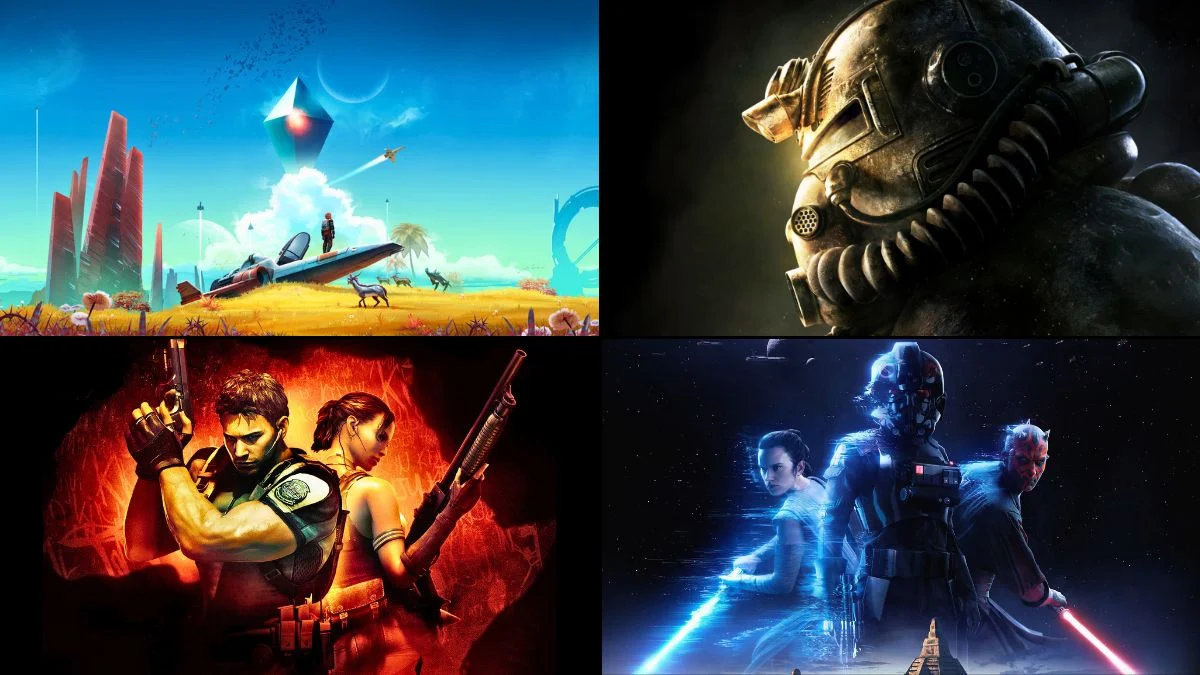
For decades, video games have been at the center of discussions about violence, politics, culture, and how companies do business. The games listed below caused major controversies – generating headlines, protests, bans, or even changes in industry rules. This list highlights the most impactful moments that sparked strong public reactions and continue to shape the gaming world today.
‘No Man’s Sky’
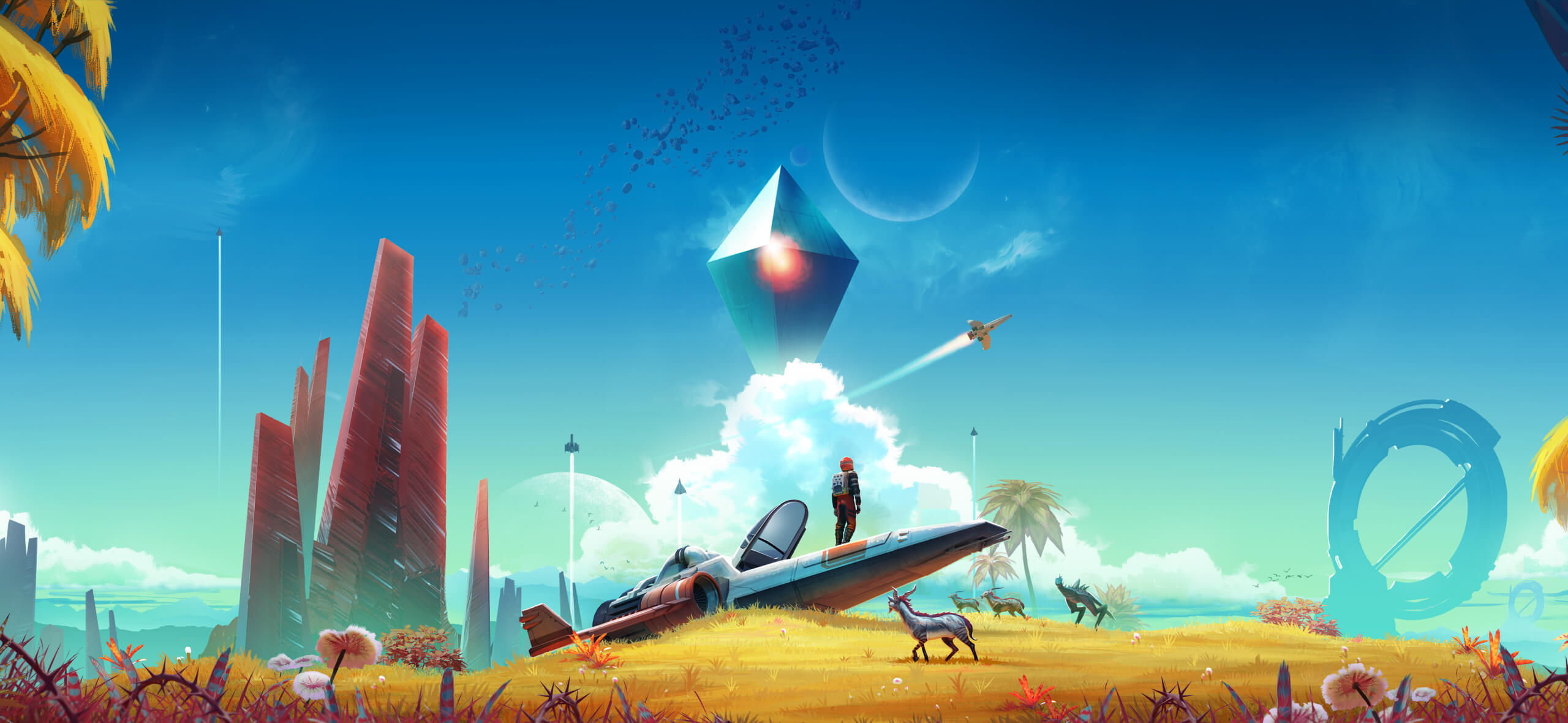
The game initially aimed to deliver a vast space exploration experience, but it launched with several key features missing, causing disappointment and requests for refunds. UK regulators investigated the game’s advertising after players felt the trailers were misleading about what the game actually offered. The developers responded with significant updates, eventually adding features like base building, multiplayer, and expeditions. This process became a notable example of how to effectively support a game after release and manage player expectations.
‘Fallout 76’
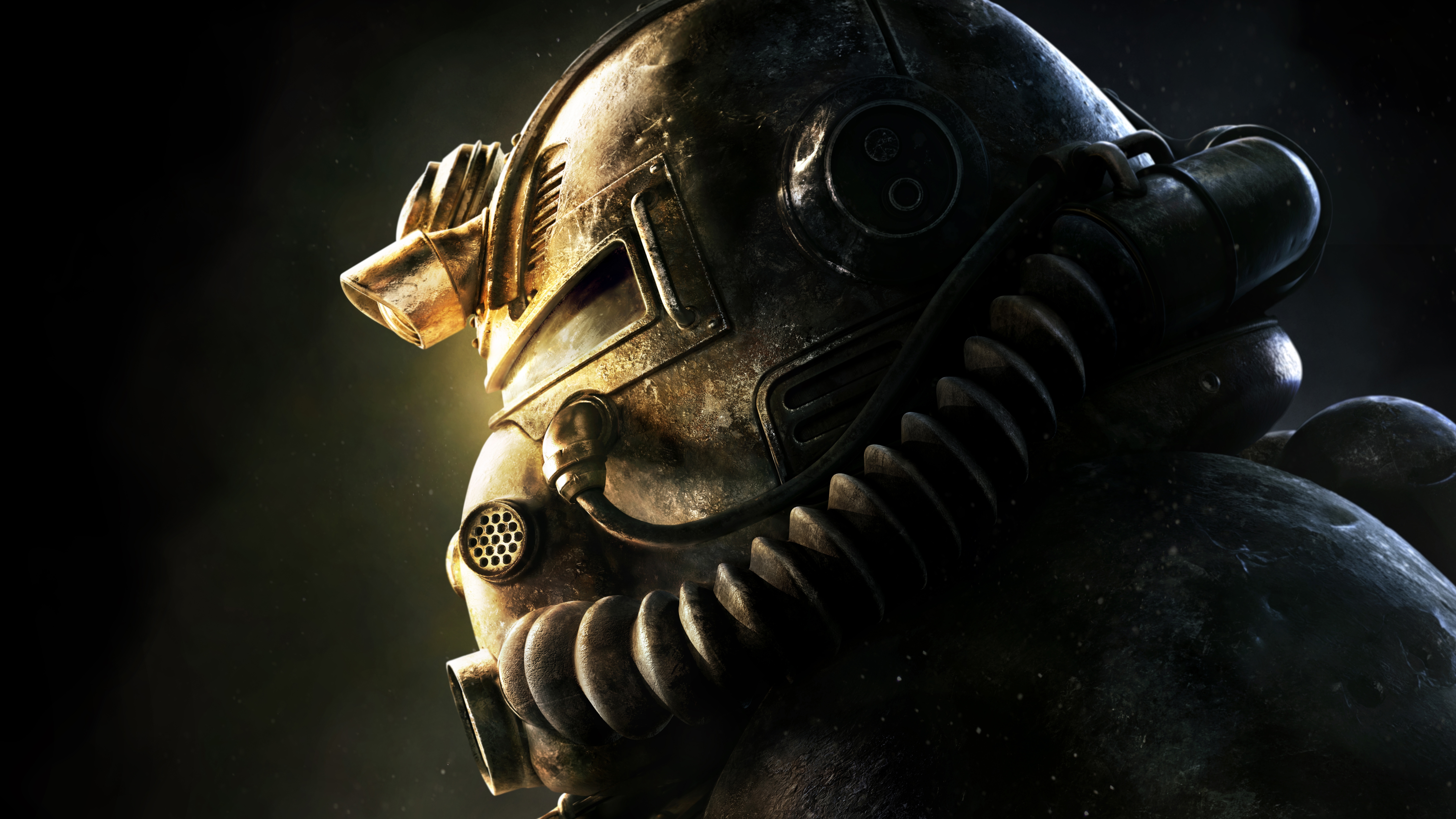
The launch of this highly anticipated online RPG was rough, with many bugs and server problems that made it difficult for players to advance. A dispute over a collectible bag included in a special edition caused significant customer complaints and the company offered refunds. Players also questioned the refund policies and their rights as consumers. Thankfully, updates and new content releases eventually fixed the performance issues and introduced fresh storylines.
‘Diablo Immortal’
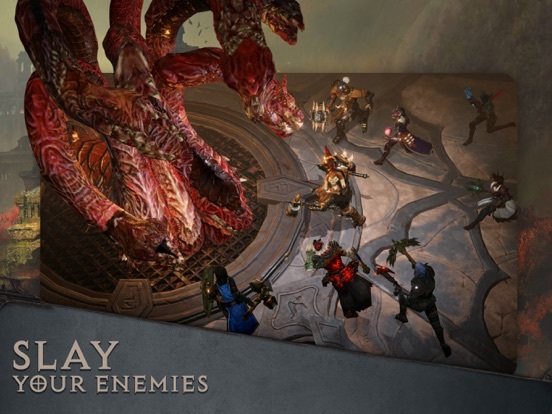
The mobile RPG received negative feedback because it strongly encouraged players to spend money to advance in the game. Before launch, people questioned how the game would make money, and these concerns were connected to rules about loot boxes in some countries. As a result, the game wasn’t released in certain parts of Europe where laws treat randomized rewards like gambling. Despite the ongoing debate about how the game makes money, players remained engaged through regular events and battle passes.
‘Star Wars Battlefront II’
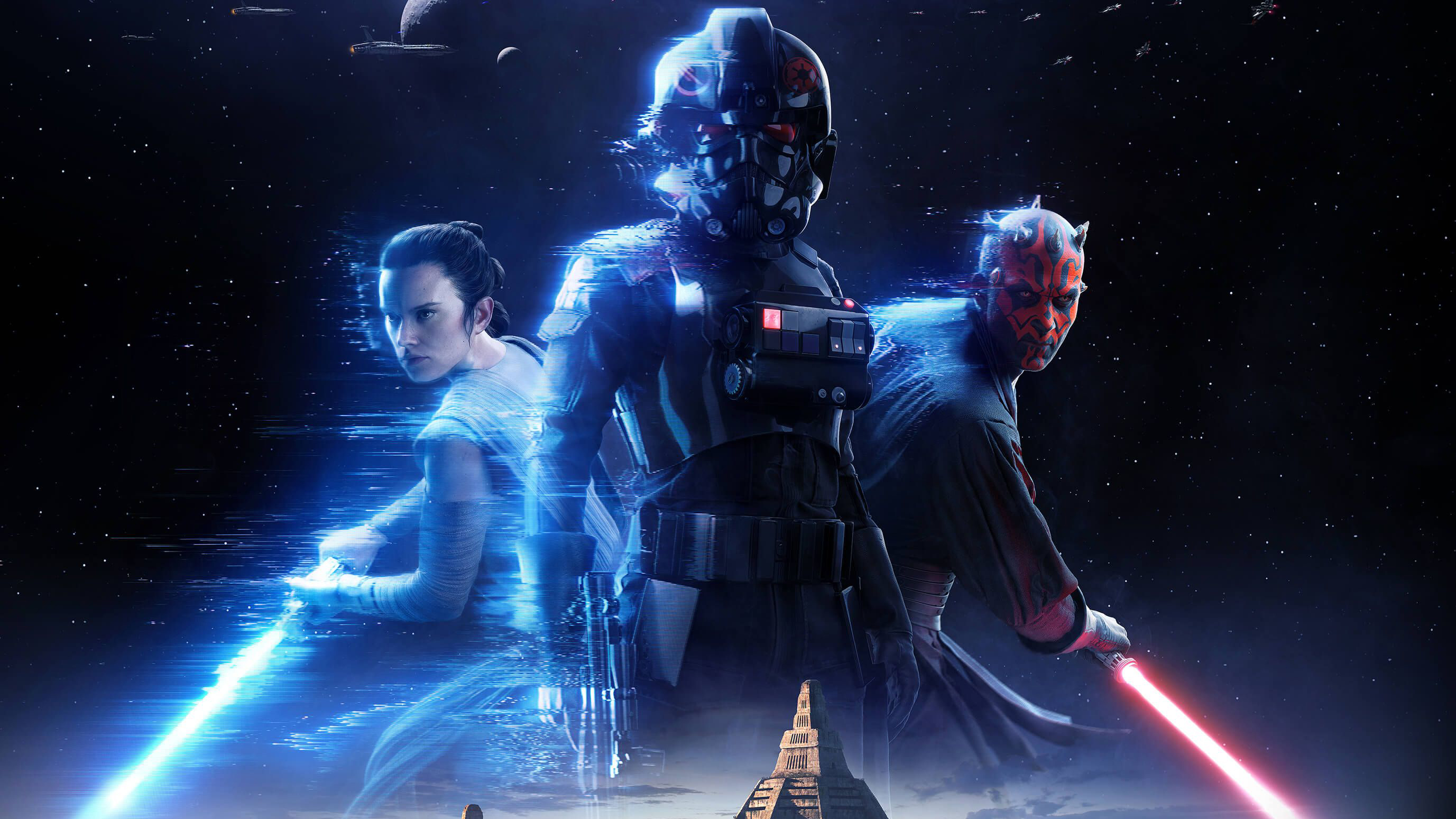
When the game first launched, players found that unlocking improvements relied on loot boxes, which created an unfair advantage. Strong negative reactions led the developers to briefly remove these purchases while they adjusted the game’s economy. This also caught the attention of government regulators in multiple countries, who questioned if the loot boxes were a form of gambling. Eventually, the game was updated with a new progression system and players could only purchase cosmetic items.
‘Cyberpunk 2077’

When the open-world RPG first launched, older consoles struggled to run it smoothly, leading to dropped frame rates and crashes. The publisher responded by offering refunds, and one online store even removed the game temporarily before putting it back up for sale after some initial fixes. Subsequent updates addressed issues with the game’s AI, how police reacted, and how the game used computer memory. Later, large expansions added new storylines and significantly improved the game’s systems.
‘Hotline Miami 2: Wrong Number’
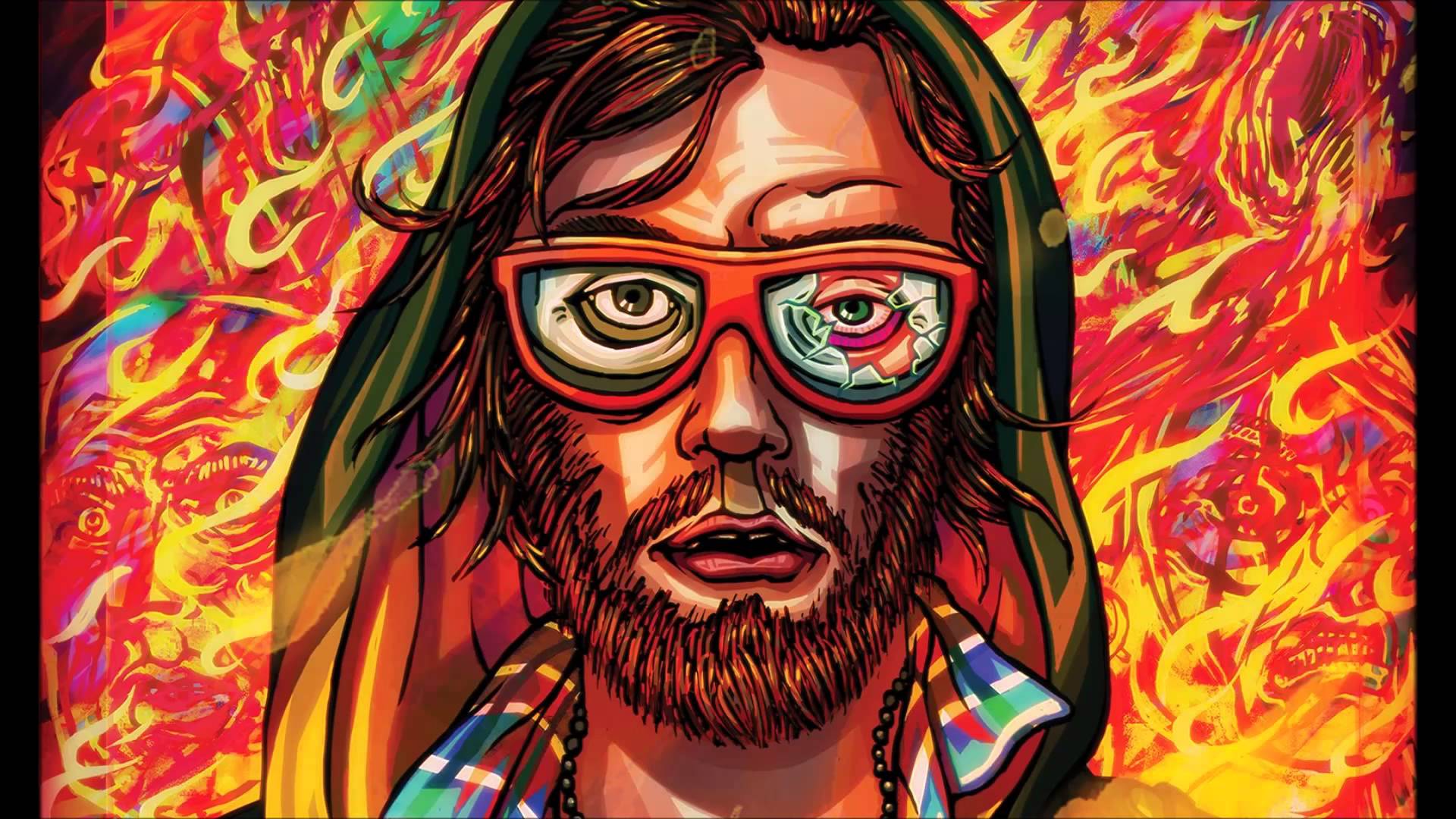
Australia refused to rate a very violent video game because of its depictions of sexual violence. The game’s creators warned Australian players against buying the game through unauthorized channels. This decision sparked renewed discussion about how and why games receive certain ratings. Elsewhere, the game was released on computers and consoles with a Mature rating.
‘Bully’
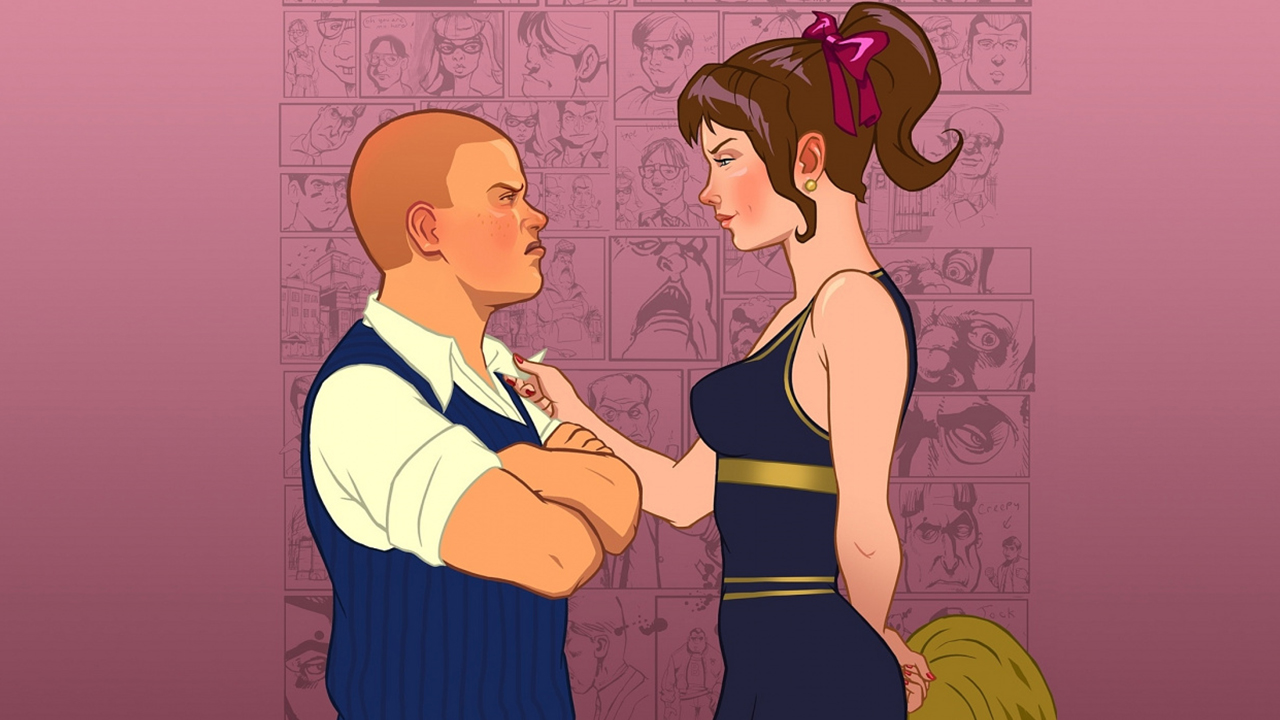
This action game, set in a school, faced legal challenges and attempts to prevent its release in some countries due to concerns about violence. One area even made the developers change the game’s title to avoid appearing to celebrate bullying. Ratings agencies generally classified the game as appropriate for teens or adults, depending on the country. Later, the game was released on more platforms, including a special ‘scholarship edition’.
‘Resident Evil 5’
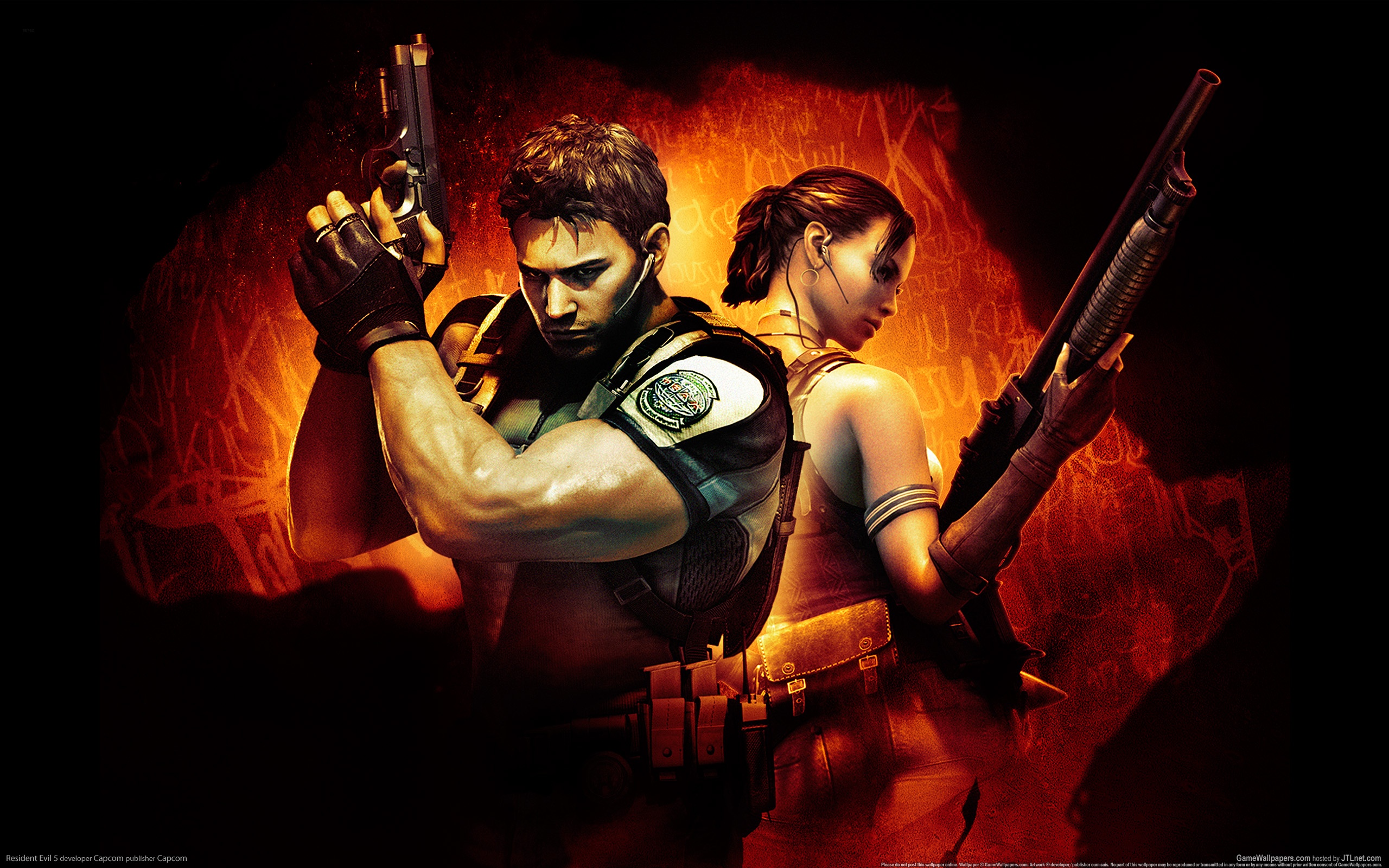
Initial previews and the game’s world design received some criticism for potentially referencing harmful colonial-era themes. Critics pointed out that certain enemy characters and locations seemed to echo sensitive historical events. The game’s publisher responded by stressing the diverse characters and overarching story. Despite the concerns, the game performed well commercially and continued the series’ tradition of team-based gameplay.
‘Rule of Rose’
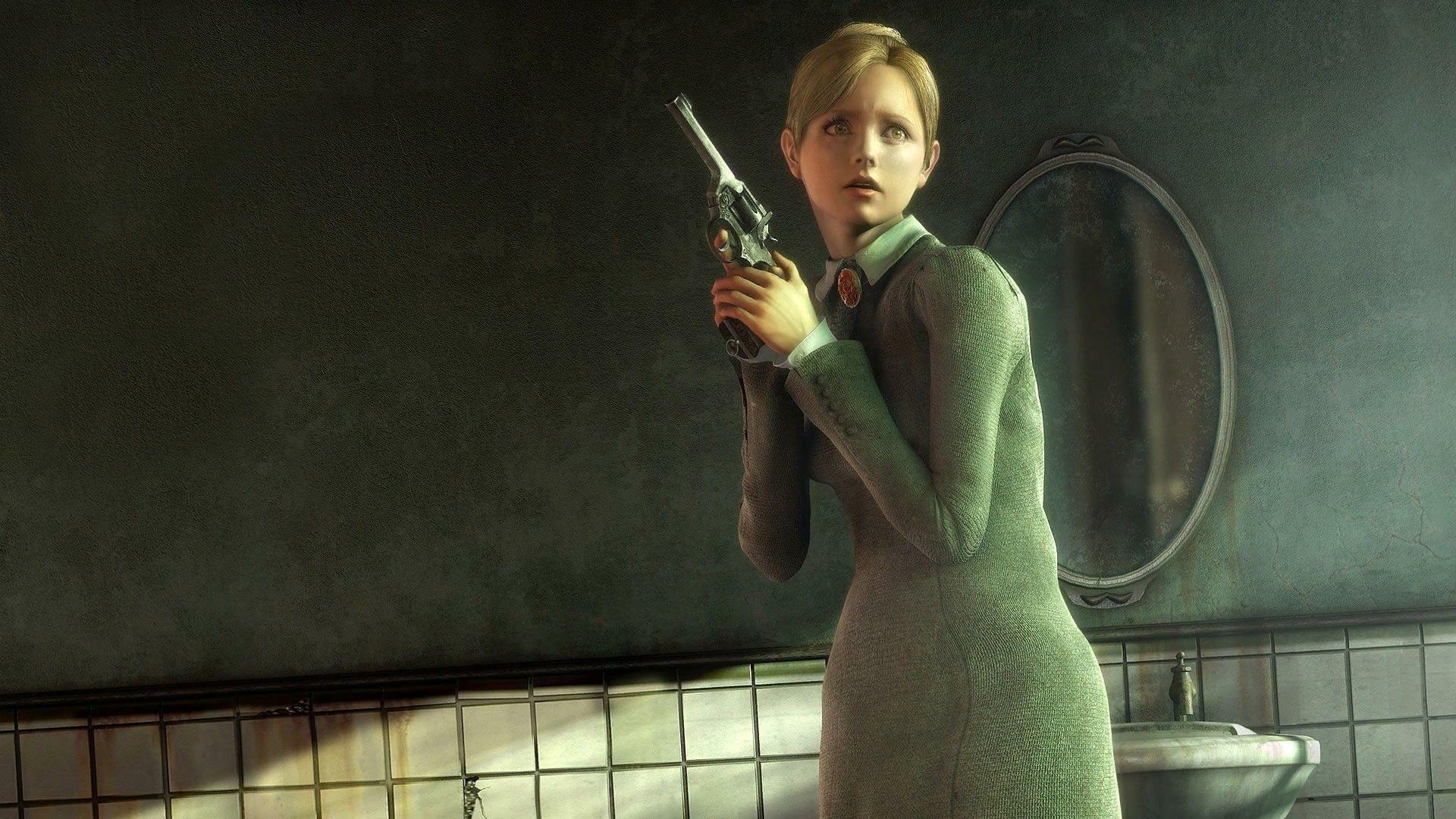
False rumors about inappropriate content caused widespread public concern across Europe, prompting political reactions and demands for the material to be banned. While investigations revealed that many of these claims were untrue or overstated, the content’s availability was still restricted in multiple countries, making it hard to find. This situation is frequently used as an example when discussing the spread of false information and how content is categorized and regulated.
‘Six Days in Fallujah’
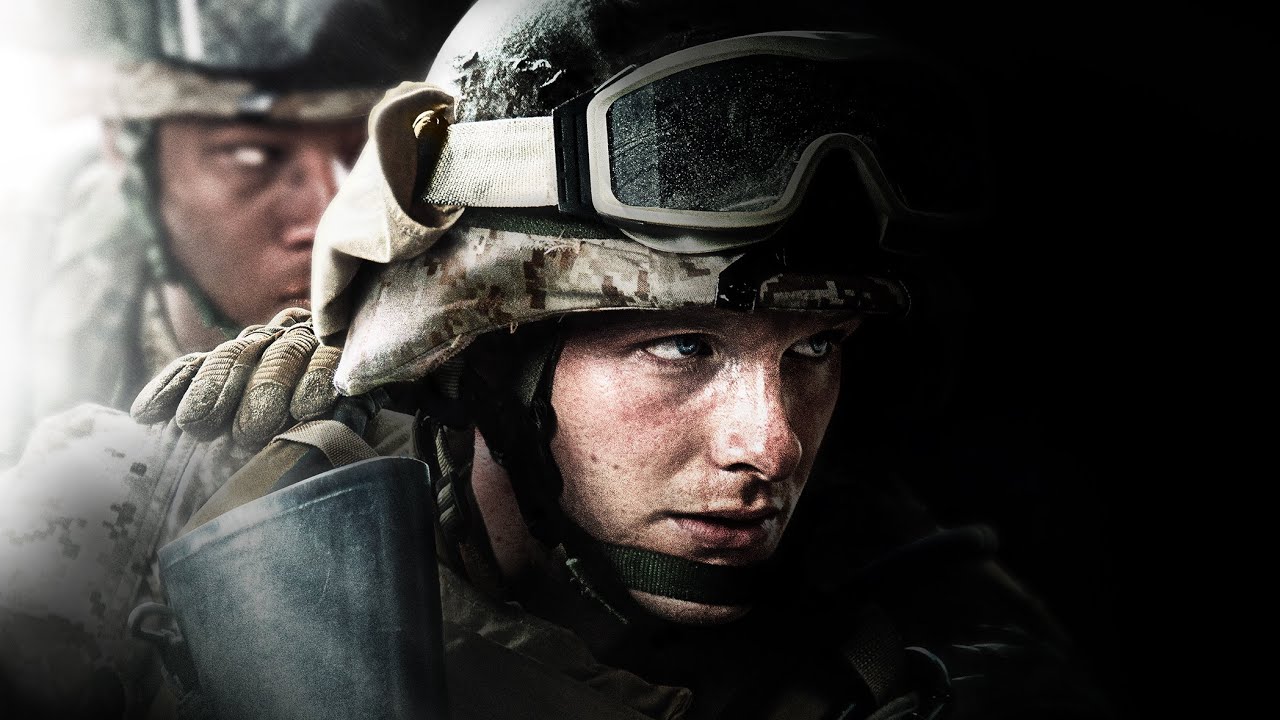
This shooting game aimed to recreate a recent real-life conflict, which sparked criticism from veterans and activists. After the initial publisher pulled out, the game was put on hold, but later picked up by a new development team. They focused on using real footage and interviews to tell the story. Even after its release and with subsequent updates, the game continued to face questions about how accurately and appropriately it portrayed events and when it was released.
‘Super Columbine Massacre RPG!’
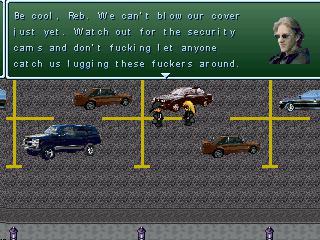
This free game simulated a school tragedy, sparking controversy and leading to calls for it to be removed from public displays. The game raised questions about whether video games can appropriately address sensitive, recent events. Platforms distributing the game faced criticism regarding its availability, and it later became a subject of academic discussion concerning artistic freedom and responsible media creation.
‘Postal 2’
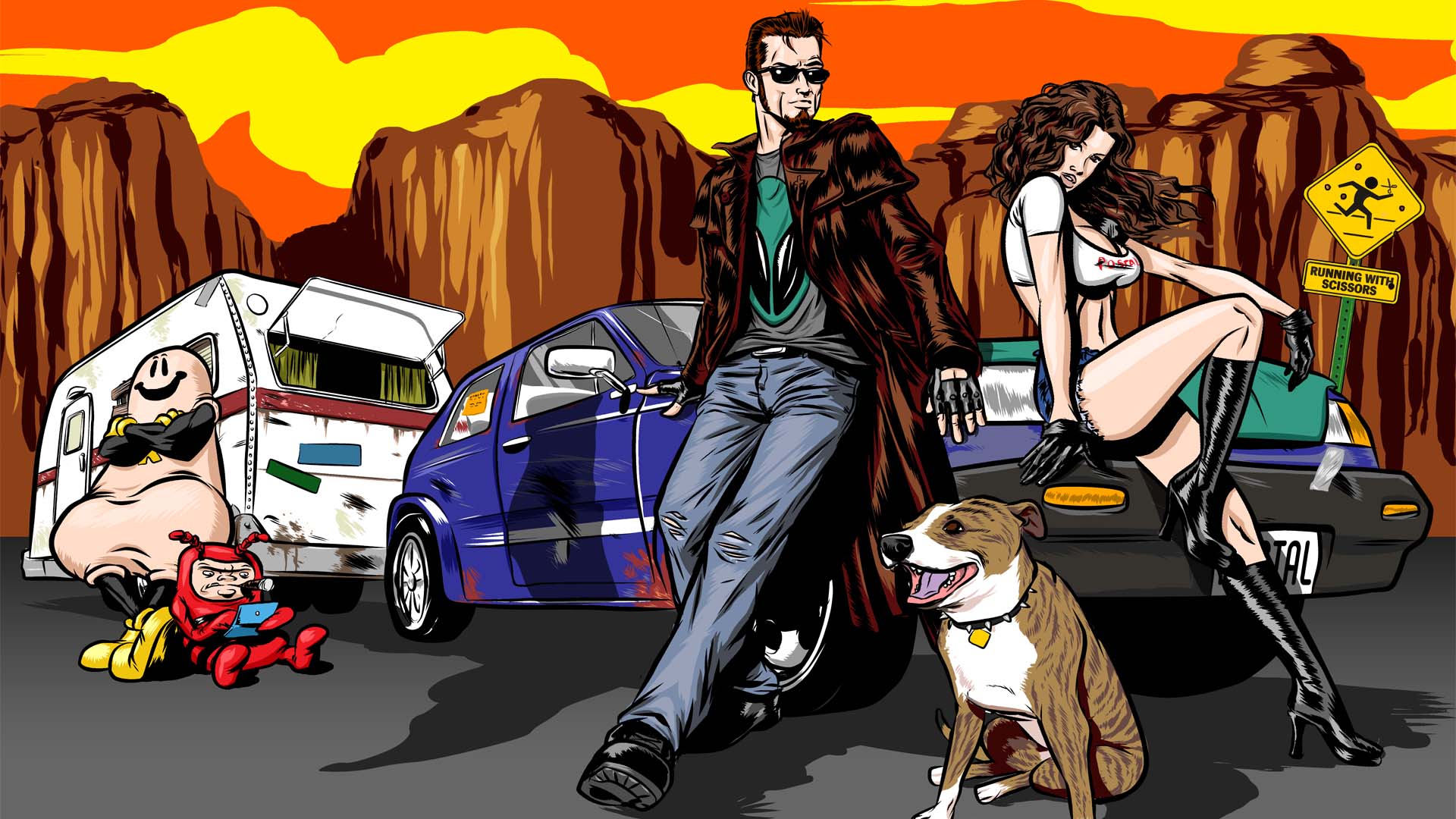
The satirical game faced bans and restrictions in several countries because of its harsh content and potentially offensive jokes. Some stores wouldn’t sell it, and online platforms blocked access to it. Despite this, the developers continued to emphasize player choice and freedom with updates and new content. The game ultimately sparked discussions about what’s acceptable in entertainment and the limits of free expression.
‘Hatred’
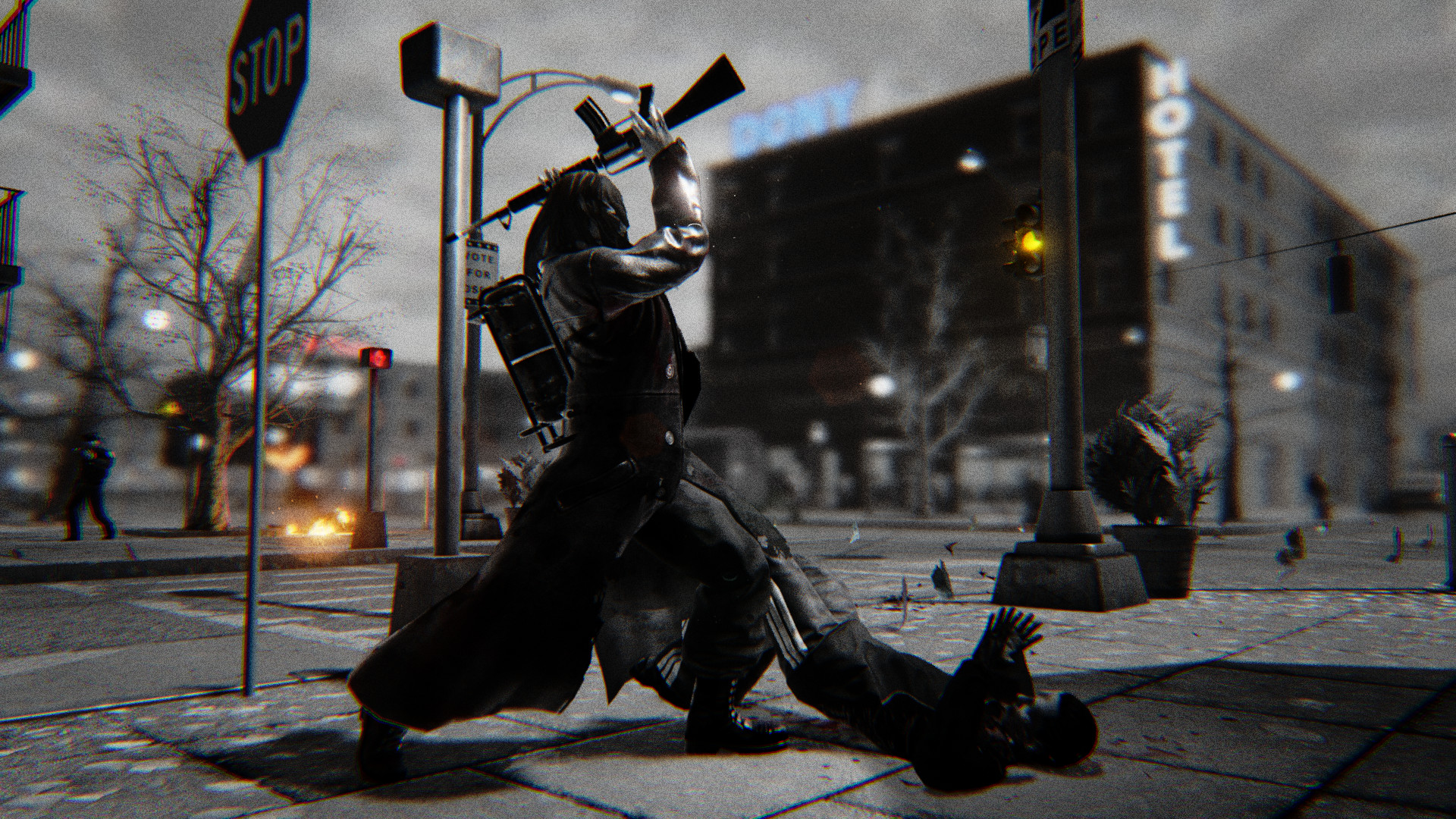
The game was briefly taken off a popular PC platform’s featured list but later put back. When it launched in North America, it received a mature rating. Marketing for the game positioned it as a response to what its creators saw as overly sensitive content standards. Several streaming platforms limited broadcasts of the game when it first came out, and critics and players debated whether its controversial content was enough to justify its release.
‘Manhunt’

After a major crime in the UK, the media wondered if a video game played a role, even though police said there was no direct connection. The game was banned in some places and given a mature rating elsewhere. People debated how realistic it was, whether it resembled disturbing films, and how much freedom players had. This controversy led game companies to be more careful about how they showed off violent gameplay and how they got their games rated.
‘Manhunt 2’
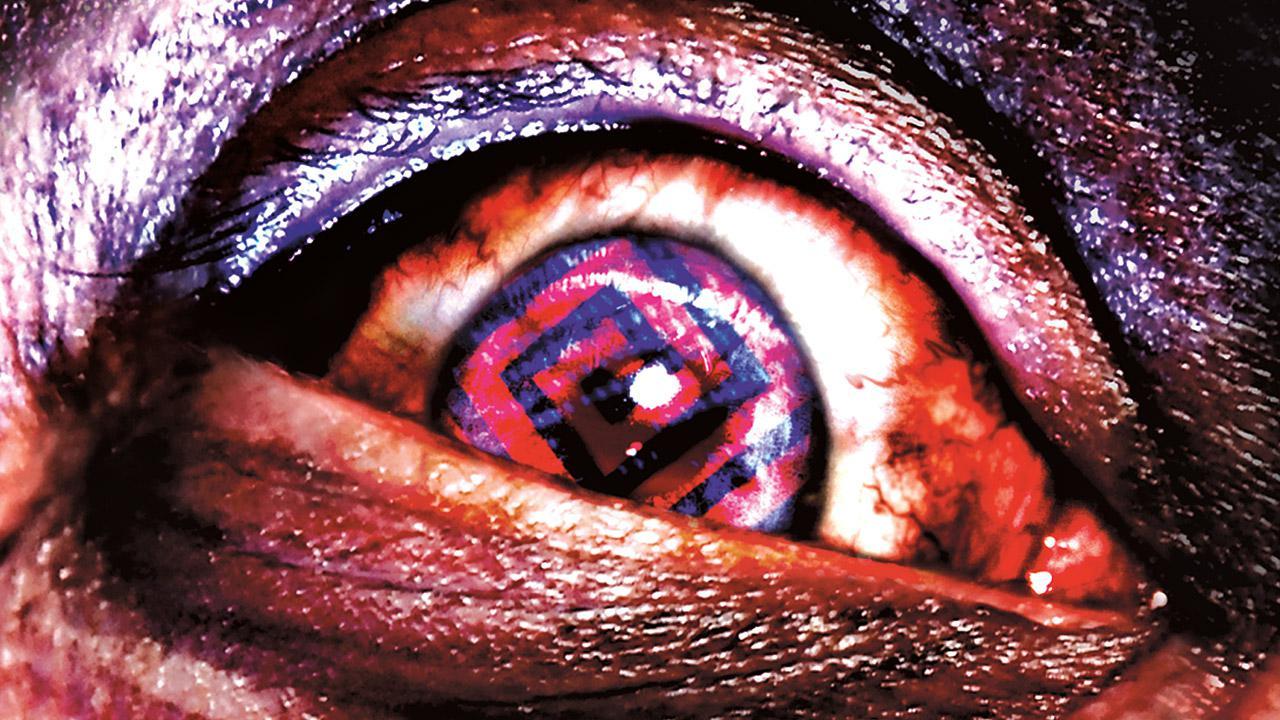
The game originally received an Adults Only rating, which would have prevented it from being sold on consoles in many countries. To avoid this, the publisher made changes, toning down violent content, and successfully got the game rated for mature audiences. However, one country initially banned the game, but that decision was later overturned after appeals and further revisions. This case was then used as an example in discussions and reports about how games are rated and what level of content is acceptable.
‘Call of Duty: Modern Warfare 2’
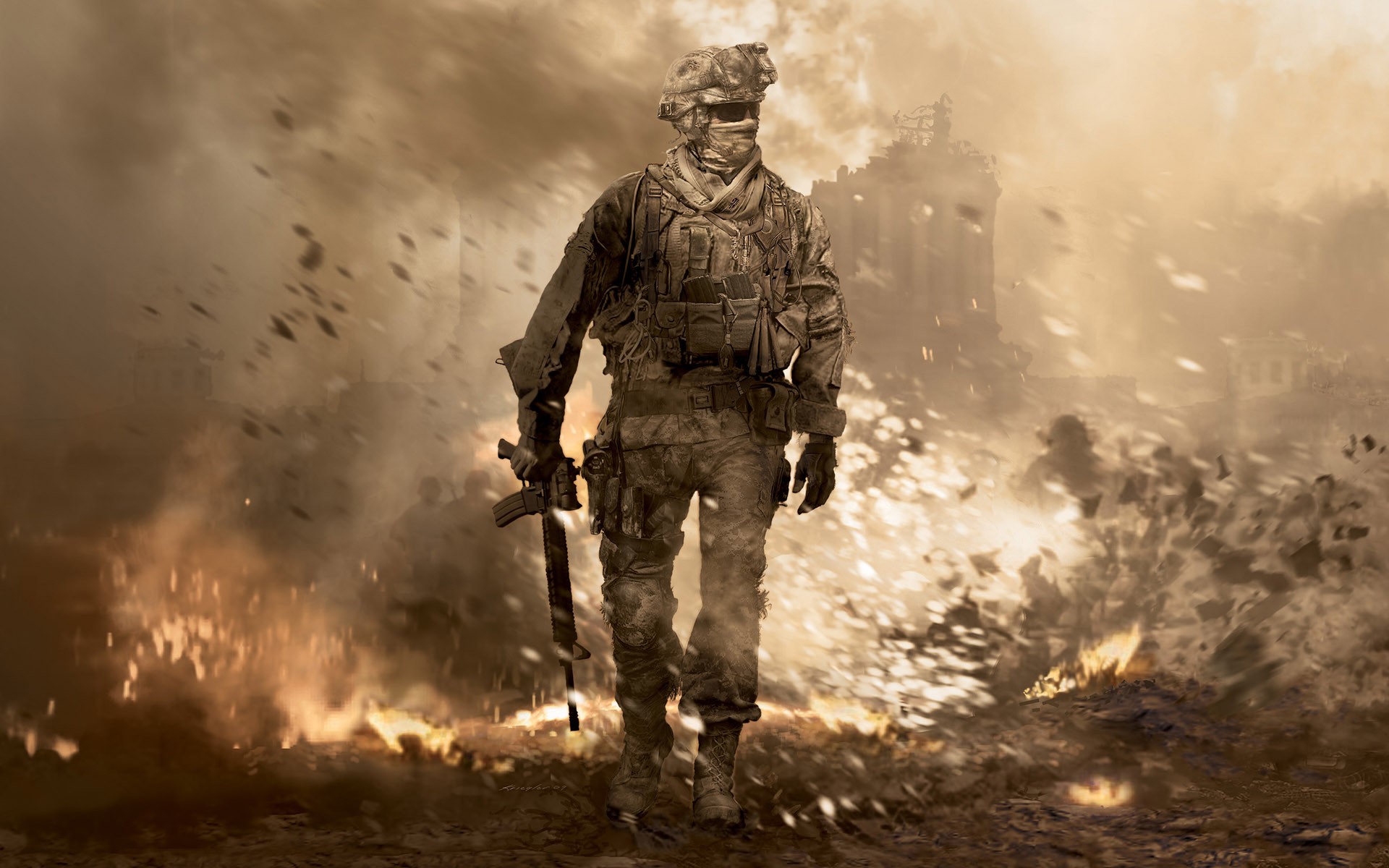
After a level in the game featured civilian deaths at an airport, the developers added warnings and allowed players to skip it. Some versions outside of the original release were further changed, either removing player interaction or altering the order of events. This led to discussions in the media about how games should handle sensitive situations and whether players should have control over those moments. Despite the controversy, the game continued to sell incredibly well, and the developers updated their warning screens.
‘Night Trap’
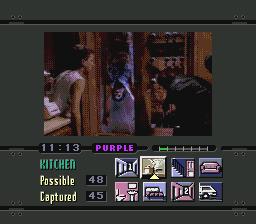
This video game became well-known in the early 1990s when it was shown during TV hearings about violence and sexual content in games. The attention caused stores to stop selling it, but the game was later released again on newer systems. The situation sparked discussion about how to regulate interactive games versus other forms of media, and it continues to be an example of how ratings systems explain content to parents.
‘Mortal Kombat’
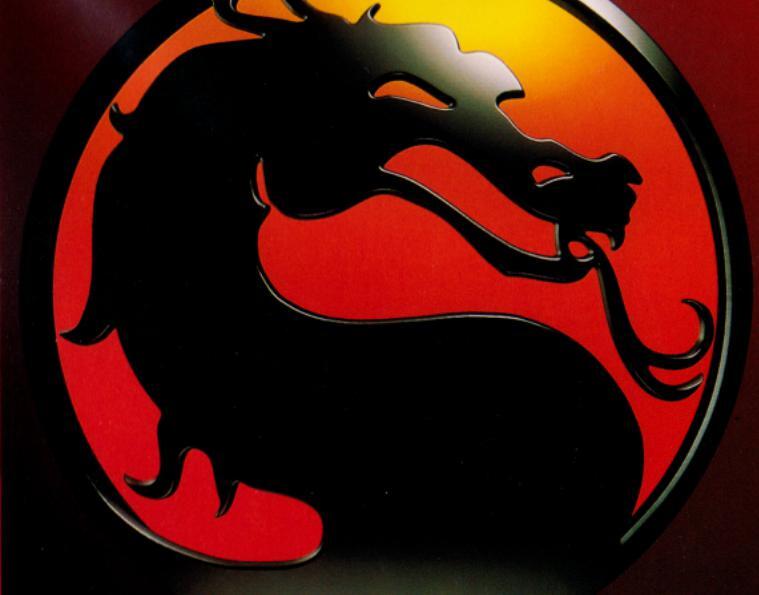
As a longtime gamer, I remember when violent games first started getting a lot of attention – and not the good kind! All the graphic blood and gore really caught the public’s eye, and it even led to Congress holding hearings about it. It felt like a turning point, because it quickly led to the creation of the ESRB rating system we have today. It was interesting to see how arcade games and the home console versions sometimes showed different levels of violence, which just added fuel to the debate. Thankfully, game companies started responding by adding parental controls and being much more detailed about what kind of content you could expect in a game.
‘Grand Theft Auto: San Andreas’
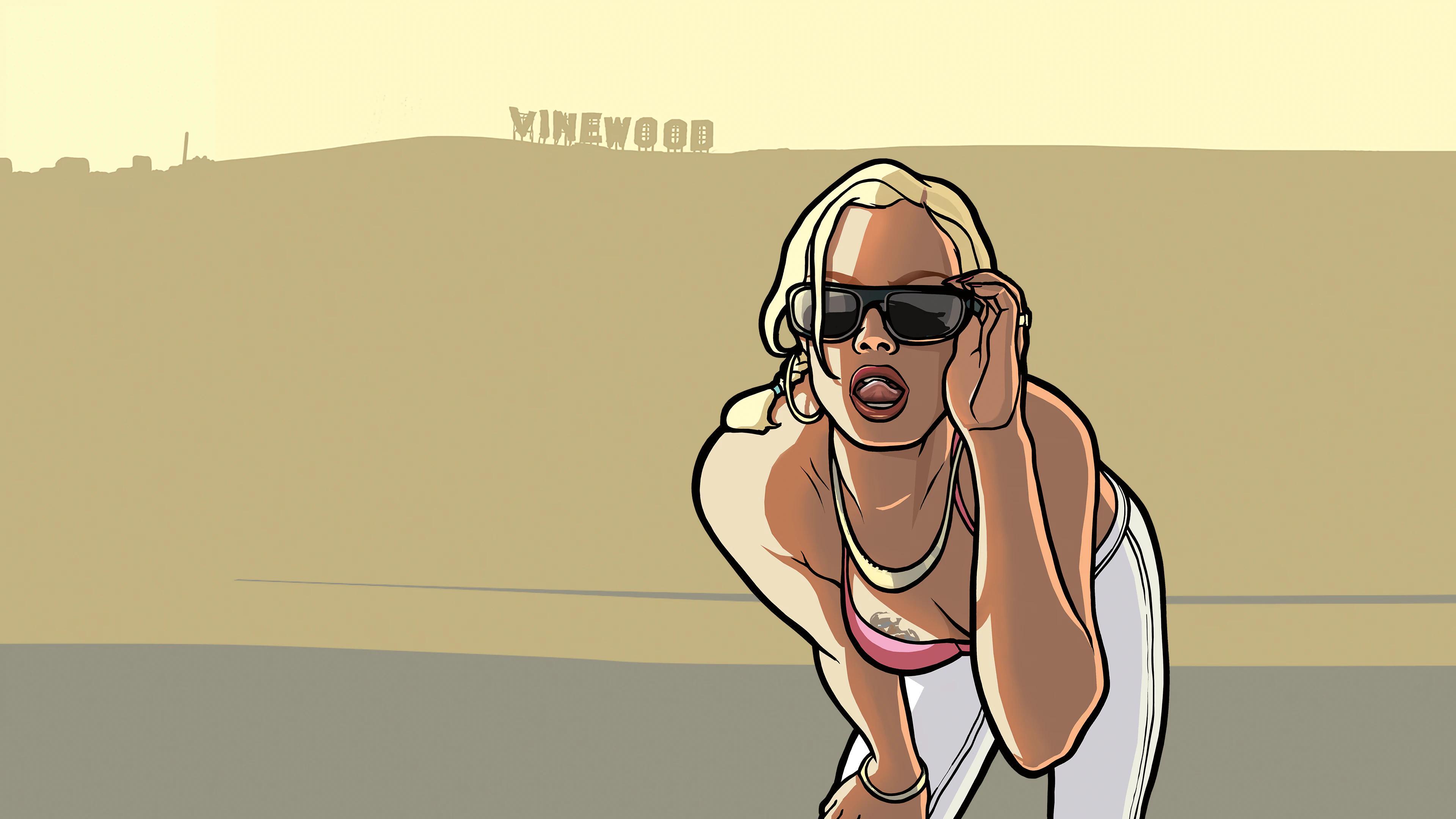
As a fan, I remember when people discovered that hidden ‘Hot Coffee’ minigame in Grand Theft Auto: San Andreas – it was crazy! It caused a huge uproar, and the game was actually pulled from shelves and temporarily got an Adults Only rating here in the US. The publisher quickly released a patch to remove the code, but it wasn’t just about fixing the game. There were lawsuits and investigations into how games with hidden content should be rated, and it really changed how companies talk about what’s in a game and how platforms check everything before it’s released. It definitely had a lasting impact on the industry.
‘Grand Theft Auto V’
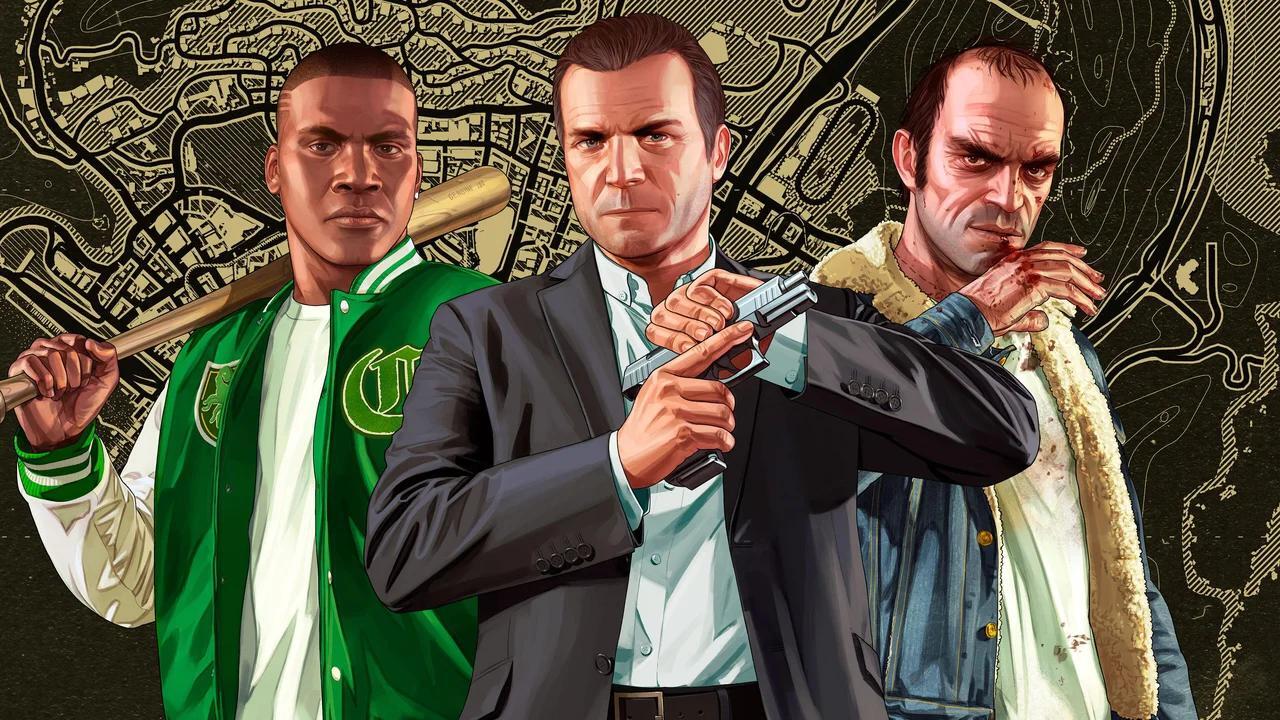
The game faced widespread criticism for its depiction of torture, prompting protests from activist groups and negative editorials globally. In Australia, major stores pulled the game from shelves after petitions highlighted its portrayal of violence against women. Later, concerns arose about in-game purchases and features that put players at risk. Ultimately, the game’s controversy led to changes in how stores sell and label games, and how the industry addresses age restrictions and content warnings.
Tell us which titles you would add or move up and why in the comments.
Read More
- 2025 Crypto Wallets: Secure, Smart, and Surprisingly Simple!
- Gold Rate Forecast
- Brown Dust 2 Mirror Wars (PvP) Tier List – July 2025
- HSR 3.7 story ending explained: What happened to the Chrysos Heirs?
- 9 Video Games That Reshaped Our Moral Lens
- Gay Actors Who Are Notoriously Private About Their Lives
- ETH PREDICTION. ETH cryptocurrency
- Games That Faced Bans in Countries Over Political Themes
- The Labyrinth of Leveraged ETFs: A Direxion Dilemma
- The Best Actors Who Have Played Hamlet, Ranked
2025-10-25 20:48